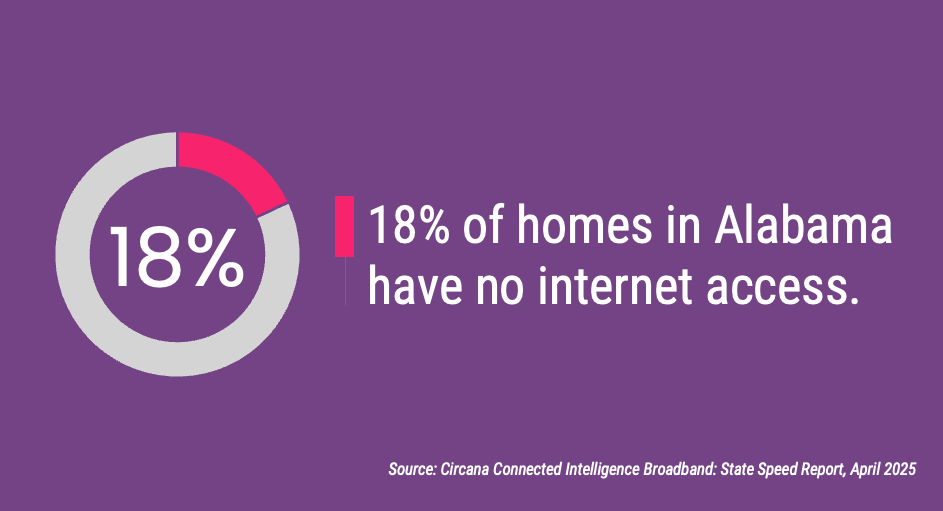
No more homework for some? Congress pulls funding for free Wi-Fi hotspots
The Senate has voted to end an FCC rule that provided free Wi-Fi hotspots that could be loaned out by schools and libraries. The program used funds from the $2.6 billion federal E-Rate program to let schools and libraries loan hotspots to children and other underserved households. The Senate voted based on a technicality: according to Senate Majority Leader, John Thune, the funding “violates the Communications Act, which clearly limits the use of the funds in question to classrooms and libraries.”
The Circana Take:
- This is a major step backward to the pre-Covid era. In our first Broadband America report, we found many cases on children having to complete their homework at McDonalds and other locations (often sitting in a car in the parking lot) as they had no internet at home. The Digital Divide may now expand again.
- Is this an opportunity for the carriers? T-Mobile, for example, has Project 10Million which provides students with free internet access. This builds brand awareness – and consumer loyalty – especially in more rural areas where the carrier has not had a historically-strong presence.
- Walmart previously offered free internet access via AT&T using the Emergency Broadband Benefit program, which subsequently became the Affordable Connectivity Program… and is now defunct. Walmart has a strong reputation for supporting its rural communities and now would be a good time to reinvigorate this program in a similar vein to the T-Mobile solution. Perhaps tying it into Walmart+?
And there’s more… Digital Equity Act to be killed?
Late last week, President Trump went on social media to attack the Digital Equity Act, a 2021 Act that provided $2.75 billion to establish three grant programs to promote skills, technology and capacity (i.e., broadband access) to reap the benefits of the digital economy. The President described the effort as “racist” and “totally unconstitutional” and threatened to end it “immediately.” The act was written to help a range of different groups including veterans, older people, disabled and rural communities and the vast majority of the funds were aimed at building out broadband to underserved markets.
The Circana Take:
- It is not yet clear if Mr. Trump has carried out his threat to end the grants, which came from Congress. Some of the funding has already been dispersed to states with approved plans, such as Indiana, Alabama and Kansas.
- Add it to the list in ways that the Digital Divide will remain (and possibly expand) over the next few years. Expect to see DVDs continue to sell in rural stores…
- The additional pressure on fiber build outs means that rural areas will need to rely on satellite services, which are often prohibitively expensive.